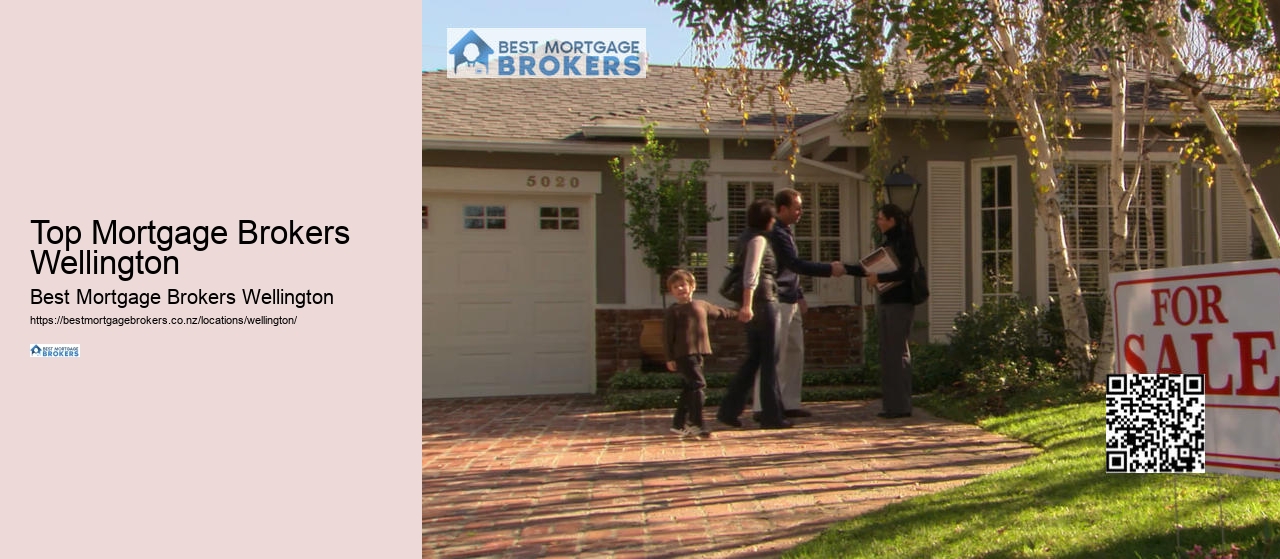

While it may be tempting to reach for a more expensive property, it's important to stay within a budget that you can comfortably afford. Failing to do so can lead to financial strain and potentially put your home at risk. Additionally, it's essential to maintain a good credit score throughout the mortgage process.
By paying bills on time, keeping credit card balances low, and avoiding new debt, you can improve your creditworthiness and secure a better mortgage deal. debt consolidation Understanding the importance of mortgage insurance is crucial for protecting your investment in the event of unforeseen circumstances.
It is typically required for homebuyers who put down less than 20% of the home's purchase price as a down payment. Mortgage insurance can come in different forms, such as private mortgage insurance (PMI) for conventional loans or mortgage insurance premiums (MIP) for FHA loans.
While mortgage insurance adds an additional cost to your monthly mortgage payments, it can help you secure financing for your dream home. In the unfortunate event that you are unable to make your mortgage payments, mortgage insurance can help cover the lender's losses.
This protection ensures that you won't lose your home to foreclosure and helps maintain the stability of the housing market.
In some cases, lenders may offer specialized mortgage products for individuals with imperfect credit. These options often come with higher interest rates or additional requirements, so it's crucial to weigh the pros and cons carefully. Working with a knowledgeable mortgage broker can help you explore all available options and find a solution that fits your financial situation.
Addressing credit issues is essential for improving your chances of mortgage approval, and a key aspect of achieving financial readiness for homeownership is understanding the importance of budgeting. Budgeting plays a crucial role in managing your finances effectively and demonstrating to lenders that you are a responsible borrower.


When choosing a mortgage, it's crucial to consider the various term options available. Mortgage term refers to the length of time over which you agree to repay your home loan. The most common mortgage term lengths are 15, 20, or 30 years, but there are other options as well.
A shorter mortgage term, such as 15 years, typically comes with higher monthly payments but allows you to pay off your loan faster and save on interest payments in the long run. On the other hand, a longer mortgage term, like 30 years, offers lower monthly payments but results in higher interest costs over the life of the loan.
Typically, the larger the down payment, the lower your loan amount will be. This can lead to lower monthly payments and reduced interest costs over the life of the loan. A higher down payment percentage often results in better interest rates and can also help you avoid additional costs like private mortgage insurance (PMI).
By making a substantial down payment, you can potentially save thousands of dollars in insurance premiums. On the flip side, a smaller down payment means a higher loan amount, which translates to higher monthly payments and increased interest expenses.
You may need to consider factors like your savings, budget, and future plans when deciding on the right down payment for your mortgage. A mortgage advisor can provide personalized guidance based on your unique financial situation to help you make an informed decision.
Property appraisals are crucial steps in the mortgage process. financial analysis They provide an unbiased estimate of your property's worth, influencing the loan amount you can secure.

Appraisals are conducted by licensed professionals who consider various factors like the property's location, size, condition, and comparable sales in the area. During a property appraisal, the appraiser will visit the property to assess its features and condition. It's essential to prepare your property by ensuring it is clean, well-maintained, and showcasing any recent upgrades.
The appraised value of your property plays a significant role in determining the loan-to-value ratio for your mortgage. This ratio affects the interest rate, loan amount, and even the requirement for private mortgage insurance.
By understanding these expenses upfront, you can avoid any last-minute financial surprises and ensure a smoother closing process. It's crucial to discuss closing costs with your mortgage broker to get a clear breakdown of all the expenses involved.

The amount a bank will lend you for a mortgage is influenced by factors like income, credit score, and debt. Our brokers can assess your financial situation and guide you on the maximum amount you may qualify for.
Yes, our broker selection process at Best Mortgage Brokers is designed to include only those with a proven track record of securing favorable interest rates for their clients. We strive to connect you with brokers who can offer competitive rates tailored to your financial situation.
Before talking to a mortgage broker, it's helpful to gather information about your financial situation, including income, expenses, and credit history. Be prepared to discuss your homebuying goals and preferences.